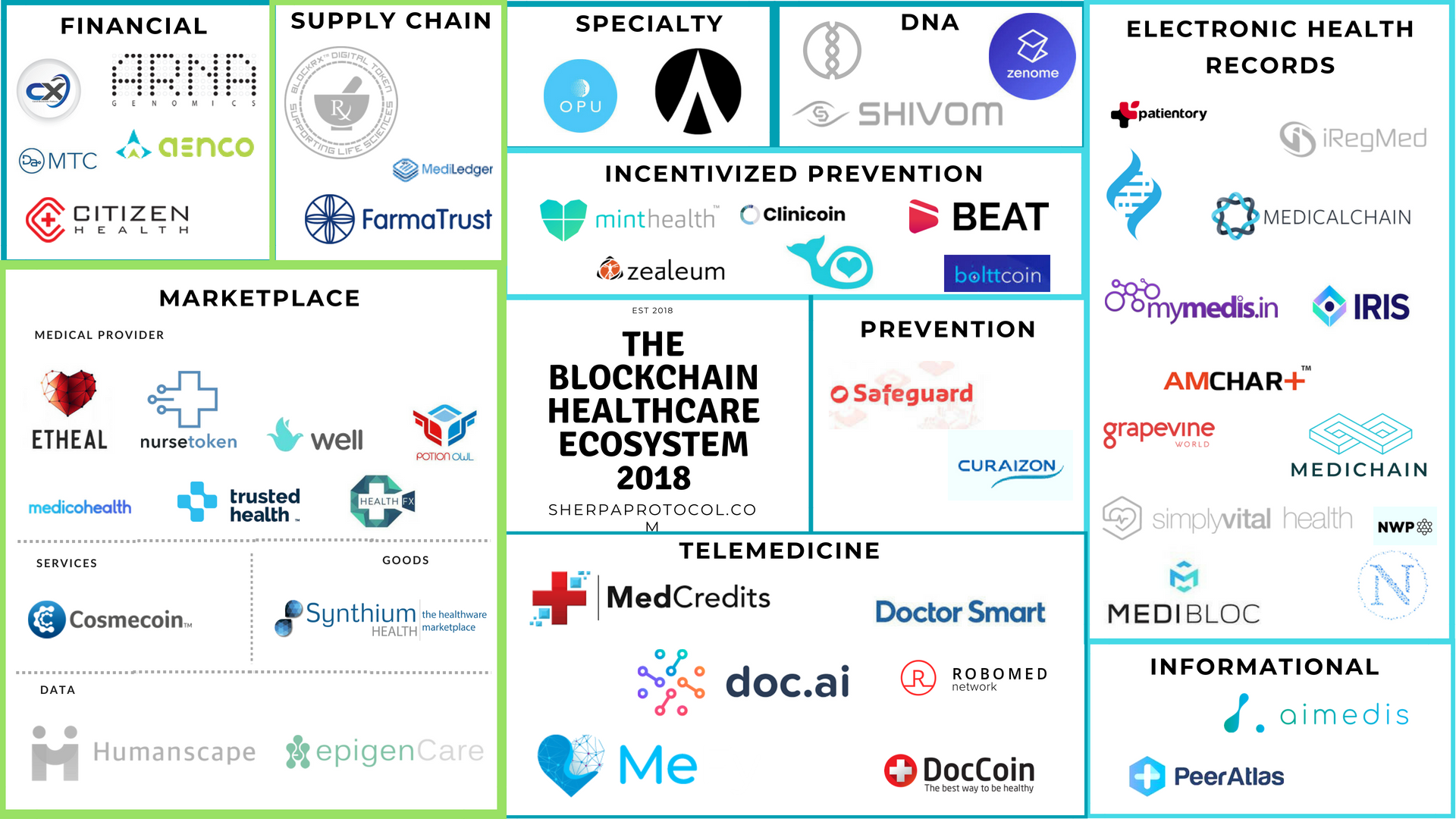 The new year is the time everyone commits to a change for the future. From personal health goals to restructuring institutions, the world moves to become more efficient through innovation and optimization. Problems in healthcare continue to be an issue of how to effectively connect providers, patients, and payers, but integrating technology into the healthcare equation is creating an opportunity to meet those challenges. Pharmacy is a key place for it to happen. It is no secret that there are major companies worldwide creating new ways to deliver medication. Healthcare tech firm MedAvail have begun rolling out self-service kiosks capable of dispensing a prescription in under 90 seconds. Meanwhile, pharmaceutical giant Walgreens have begun testing drone delivery of medication. Pharmacy automation forecasting projects that revenue will grow 11% each year reaching $17 billion by 2023. In these cases, delivery is supervised by a licensed pharmacist that reviews medical history and offers patient counseling. These models are said to increase adherence and outcomes due to increased efficiency and care at the patient’s convenience. At the same time, other major companies are also investing in automation to stay relevant with competition. Scott Seidelmann, Chief Commercial Officer of Omnicell, a company that specializes in pharmacy automation, says, “It’s only a matter of time before people get their prescriptions from Amazon, but the impact that pharmacy has on the overall patient episode and its ability to influence not only patient care but economics across the continuum is driving the need for more automation.” Telepharmacy is also a growing field impacting rural chains and medium-sized health systems. It is currently predicted to be worth $22 billion in 2020, with the U.S. holding 13% of the market. Telepharmacy has improved to the point that pharmacists remotely can now do many of the things in-house pharmacists can do which allows in-house pharmacists to focus on other healthcare initiatives improving the efficiency of the health system. Some startup companies have even launched Discharge Management Programs this year to handle patient transitions from hospital to home or hospice. Numerous patients often fail to stay adherent, and money subsequently is lost due to readmission. By connecting patients and providers with a pharmacist anytime and anywhere, patient safety and efficacy is once again improved, and time and money can also be saved. A major addition to the digital health market is machine learning. IBM’s Watson Health is a division of IBM that facilitates clinical research and health care solutions through analytics, cloud computing, and artificial intelligence. Currently, Watson Health is working on being integrated into telehealth via a wearable device to monitor disease activity, health records, drug interactions, and even disease diagnosis at an accuracy level higher than a human. The shift from volume-based healthcare to a value-based care model has led to other shifts impacting pharmacy. There is room for pharmacists of today and tomorrow to incorporate technology to improve outcomes and expand their current role. Interesting to note, major companies are hiring “innovation consultants” that have pharmacy or medical backgrounds to come up with ways to make the “machine” run more smoothly. As we begin the new decade, pharmacists should be aware of how technology affects healthcare. It is also an exciting time, however, because the market is changing globally, and there is a growing need for pharmacists to be at the head of this change. Author: Mori Crocker
6 Comments
Vraj
1/23/2020 08:00:46 pm
Great article! Curious to see how country regulations will impact these new changes in technology
Reply
8/6/2020 11:28:07 pm
I am excited to read the post and happy that you have stated genuinely good information in this blog.
Reply
9/25/2020 11:12:41 am
Great article. ⦁ <a href="best-clinical-research-courses-in-pune-with-100-percent-job-guarantee">Clinical trial</a>
Reply
10/26/2020 06:21:04 am
Artificial Intelligence is involved in Health and many other things in which AI is a great impact on Healthcare. Discover patient care, involved in Radiology, much medical management task, and reduces the cost of operations. But Harbor compounding pharmacy providing a solution of all disease under one roof.
Reply
11/10/2020 01:56:25 pm
I had no idea that telepharmacy is impacting medium-sized health systems. COVID-19 makes it hard to even get to a pharmacy. At least you can now talk to a pharmacist over live video and get feedback immediately.
Reply
3/5/2021 02:37:59 am
It is a nice article about the future is now changes in technology impacting pharmacy. I agree with all your points that you have stated here, love this blog.
Reply
Leave a Reply. |
�
Categories
All
Archives
October 2022
|

